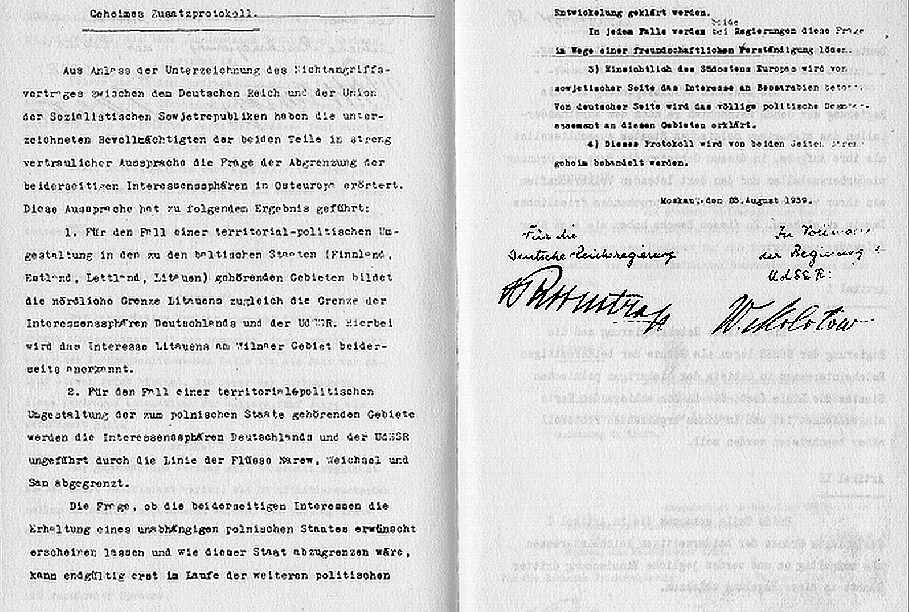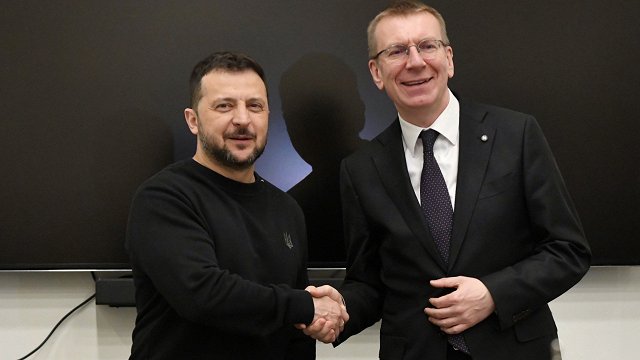The statement is reproduced below.
The political leadership of the Russian Federation in their statements and comments continue to spread lies about the forced incorporation of Latvia, Lithuania, and Estonia into the USSR eighty years ago, under the pretence that incorporation was a voluntary move. The historical truth is well-known and well-documented. The Baltic States were occupied and annexed illegally, and this was done with the issuing of ultimatums, through the threat of the use of military force, and by the use of actual military force. The sovereign will of the people was counterfeited in sham elections. This was possible since Hitler’s Germany and Stalin’s USSR had conceived together a criminal act – the Molotov-Ribbentrop Pact – and by means of this agreement, they divided up Europe into spheres of influence, triggering the Second World War.
Latvia’s position concerning the occupation and illegal annexation is based on legislative acts possessing constitutional force and in them, and through them, the elected legislative body expressed the view of the people of Latvia. In Latvia’s society today, there is a broad consensus concerning the appraisal of events that took place in 1940. And this is reflected in the tragic experience of the Latvian people in 1940 and the following decades – immediately following upon the fresh influx of Red Army soldiers, repressions on a mass scale were unleashed against the citizens of Latvia including arrests, murders, incarceration, and deportation.
The 1940 Saeima (Latvian Parliament) elections took place under the conditions of terror and fear, which could not possibly be conducive to a legitimate expression of the will of the people. Even more absurd are the assertions that 97.6% of voters at those elections voluntarily gave up sovereignty and independence and granted the new pseudo-parliament the authority to annex their country into the USSR and succumb to its totalitarian regime led by Stalin. In Latvia, the process was directed by Stalin’s notorious prosecutor, organiser of repressions against thousands and thousands of people, the butcher, Andrei Vishinsky.
Likewise, it is out of place to invoke the Teheran, Yalta and Potsdam conferences and the Helsinki Final Act – these forums never addressed the issue of the status of the Baltic States and their legal existence in international law, and today a majority of states worldwide recognise the continuity of the Latvian State under international law.
Bearing in mind what has been mentioned above, one comes to the conclusion that the political leadership of the Russian Federation, by telling such brazen lies to their own people and to international community, are in pursuit of far-reaching aims in their internal and external policy, aims that only they know of.
The Ministry of Foreign Affairs of Latvia calls on their Russian colleagues to for once set aside the Stalin-Brezhnev approach and instead begin an objective evaluation of the responsibility of the Soviet regime, as well as refraining from any further vain and desperate attempts at changing the tragic chapters of history. At the same time, we urge Russia to focus on building constructive and respectful neighbourly relations, and building relations in this way, has been Latvia’s consistent and unwavering position over time.



































